NIGMS
-

Improving vaccine formulations
The compound MPLA is an attractive vaccine component, designed to elicit a robust immune response. Read MoreJan 20, 2017
-
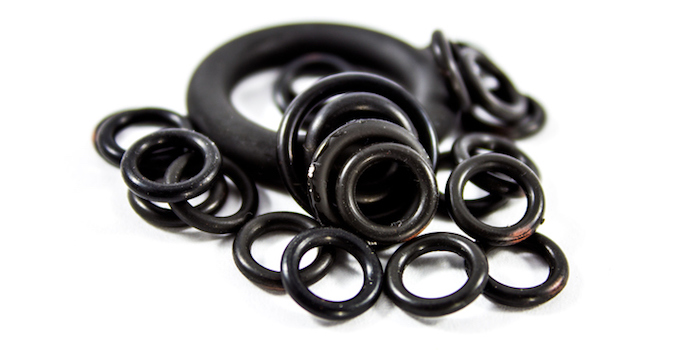
Faster (cheaper) method for making big bioactive ring molecules
A pair of Vanderbilt chemists have developed a faster, cheaper method for synthesizing ring molecules called cyclic depsipeptides found in antibiotics, anti-retrovirals and pesticides. Read MoreDec 12, 2016
-
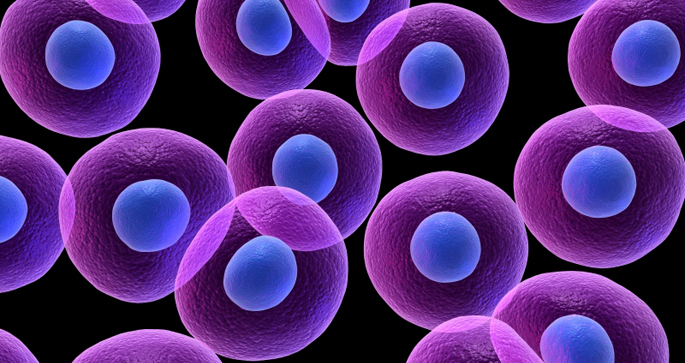
Single-cell analysis of solid tumors
A new method will make it possible to study solid tumors and healthy tissues using mass cytometry. Read MoreDec 12, 2016
-

Making human beta cells reproduce
A new method developed at Vanderbilt will speed the search for potential therapeutics for diabetes: compounds that stimulate the replication of insulin-producing beta cells. Read MoreDec 8, 2016
-

Plasmin prevents muscle ‘hardening’ after injury: study
Vanderbilt researchers have made the surprising discovery that the protease plasmin, known for its clot-busting role in the blood, protects soft tissue from turning to bone after severe injuries and certain orthopaedic surgeries. Read MoreDec 8, 2016
-

Targeting the “un-targetable”
A novel drug that targets the protein RSK blocked aggressive breast cancers from metastasizing in an animal model. Read MoreNov 18, 2016
-
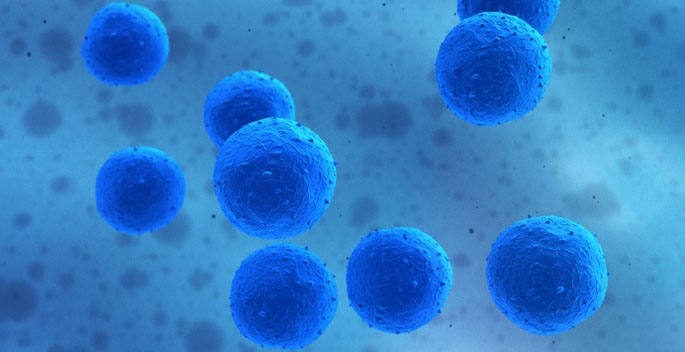
Stem cells promote tolerance
Blood-forming stem cells play a role in immune tolerance and acceptance of organ transplants, Vanderbilt researchers have discovered. Read MoreNov 17, 2016
-

Protein structure and epilepsy severity
Understanding how mutations affect the structure and function of inhibitory neurotransmitter receptors will shed light on the mechanisms underlying some types of epilepsy. Read MoreNov 10, 2016
-

VUMC investigators find pathogens work together to infect host
Pseudomonas aeruginosa and Staphylococcus aureus — two pathogens that frequently co-infect the lungs of patients with cystic fibrosis — appear to cooperate with each other, Vanderbilt investigators have discovered. When pseudomonas is starved for metal by the host, it shuts down the production of factors that would normally kill staph, promoting a co-infection. Read MoreNov 3, 2016
-

DNA damage response protein
Vanderbilt researchers have determined that a previously uncharacterized protein responds to DNA replication stress and has an essential role in maintaining the integrity of the genome. Read MoreOct 21, 2016
-

Study shows excess dietary zinc worsens C. diff infection
Too much dietary zinc increases susceptibility to infection by Clostridium difficile — “C. diff” — the most common cause of hospital-acquired infections. Read MoreSep 26, 2016
-

In search of new cancer targets
Vanderbilt researchers developed a new algorithm to find clinically targetable gene rearrangements in cancers. Read MoreSep 9, 2016
-
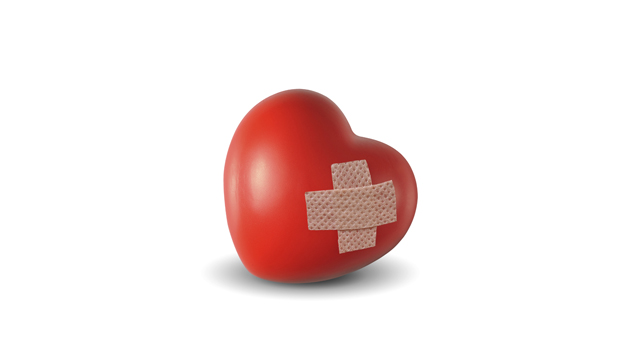
Going after the ‘heart attack gremlin’
A protein called Gremlin 2 controls the extent of inflammation after heart attack and may be a good therapeutic target. Read MoreSep 8, 2016
-
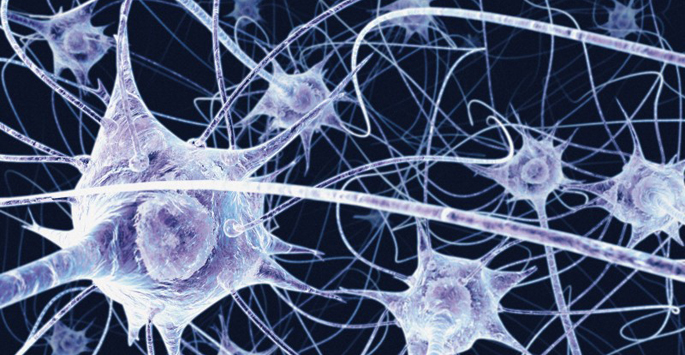
New culprit in nerve degeneration
Vanderbilt researchers have discovered that regulation of cell volume plays a role in nerve degeneration and peripheral neuropathies. Read MoreAug 12, 2016
-

Membrane fats impact drug transporter
New studies of a membrane transporter could explain antibiotic resistance – and lead to novel ways to combat it. Read MoreJul 14, 2016
-

COX-2 blocker could help PTSD
COX-2 inhibitors – used clinically to reduce inflammation and pain – may find new applications for treating PTSD and other stress-related psychiatric disorders like major depression. Read MoreMay 12, 2016
-

Immune defenses in asthma
Vanderbilt researchers show that a certain factor negatively impacts the first-line responder cells in the lungs, providing one explanation for why patients with asthma are at greater risk for invasive bacterial disease. Read MoreApr 5, 2016
-
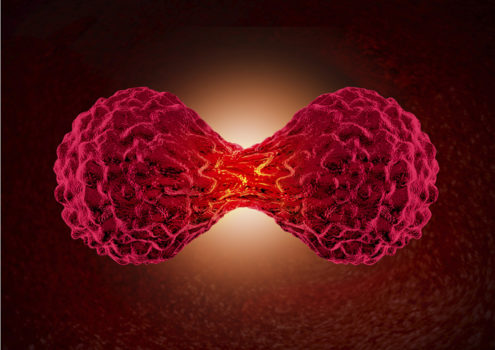
A clue to cell cleavage
Actin and microtubule cytoskeletons are coordinated during cytokinesis – the process that separates one cell into two and is linked to events underlying cancer. Read MoreMar 7, 2016
-
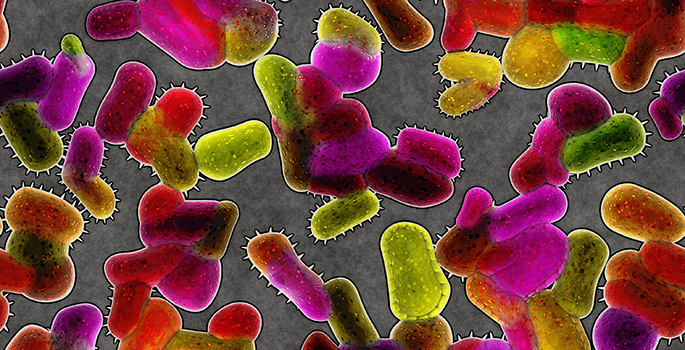
Dynamics of a drug resistance transporter
Vanderbilt investigators are exploring the shape changes in a multidrug transporter to understand the mechanisms of antibacterial resistance. Read MoreFeb 5, 2016
-

Findings offer new insight on how cell division proteins work
A family of proteins with critical roles in cell division, synaptic transmission and cell migration don’t all function the way scientists thought they did, according to two new studies led by Vanderbilt researchers. Read MoreJan 28, 2016